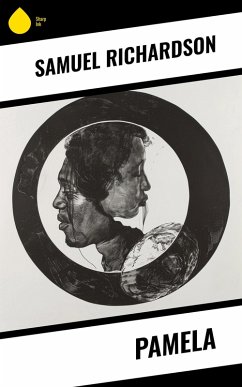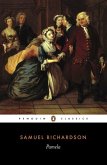In Samuel Richardson's groundbreaking epistolary novel "Pamela," the narrative unfolds through a series of letters penned by the protagonist, Pamela Andrews, detailing her trials and tribulations as a young maidservant. The novel's rich, vivid prose captures the nuances of class disparity, virtue, and the struggle for agency in a patriarchal society. Set in 18th-century England, "Pamela" is often heralded as one of the first novels in the English language, embodying the tensions of the emerging middle class while exploring themes of morality and social ascension through its intricate character development and emotional depth. Samuel Richardson, a notable figure in early English literature and a printer by trade, drew upon his keen understanding of human nature and societal norms to craft this seminal work. His personal experiences, particularly his connections to women of varying social standings and his own reflections on virtue and morality, profoundly influenced his portrayal of Pamela as a paragon of virtue, navigating the complexities of desire and social status. Richardson's insight into women's vulnerabilities and strengths was revolutionary for his time, marking a shift in literary focus. "Pamela" is not merely a tale of seduction and virtue; it is a profound exploration of dignity and self-worth that resonates through the ages. Readers seeking to understand the roots of the modern novel and the evolution of feminist themes in literature will find in Richardson's work an essential, thought-provoking experience. This novel is a must-read for those delving into the exploration of social critique through the lens of personal narrative.
Dieser Download kann aus rechtlichen Gründen nur mit Rechnungsadresse in A, B, BG, CY, CZ, D, DK, EW, E, FIN, F, GR, HR, H, IRL, I, LT, L, LR, M, NL, PL, P, R, S, SLO, SK ausgeliefert werden.









